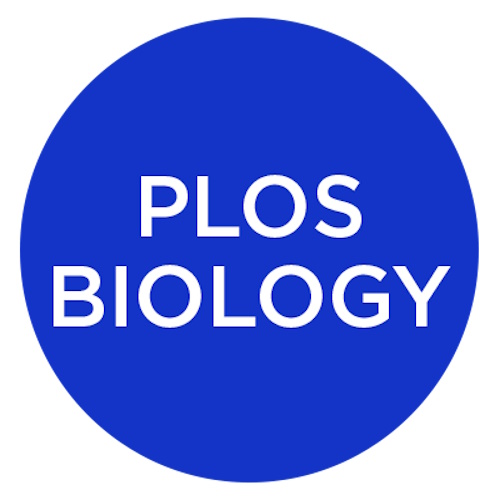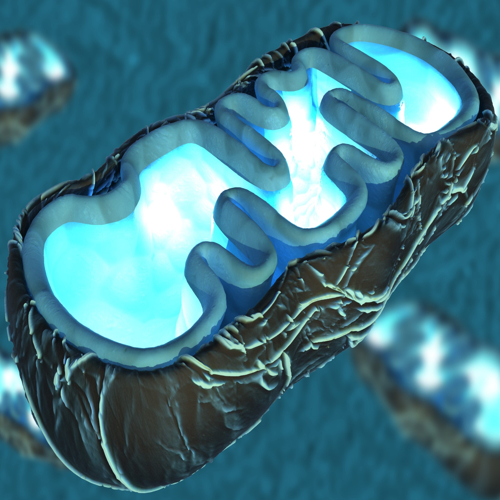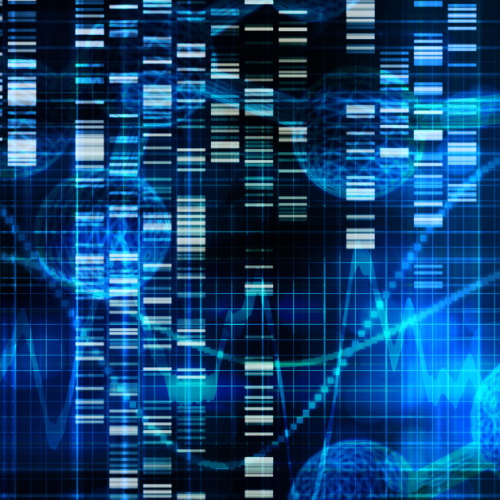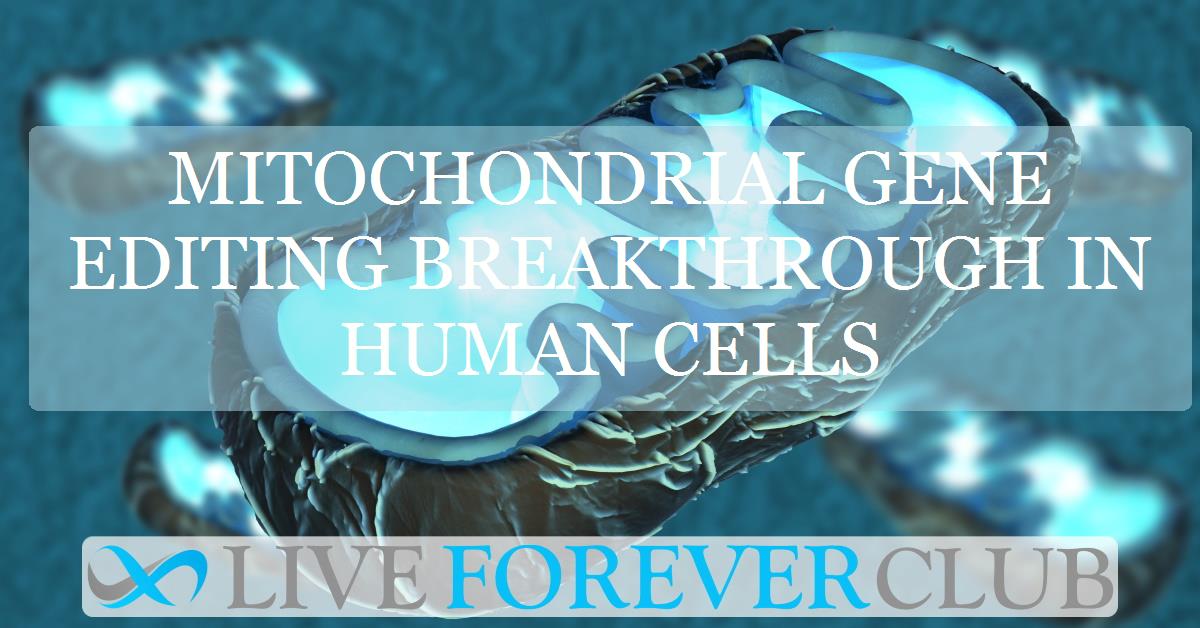Key points from article :
In a breakthrough for mitochondrial medicine, researchers led by Martijn Koppens, PhD, at the University Medical Center Utrecht have successfully used mitochondrial base editing to correct harmful mutations in mitochondrial DNA. The study, published in PLOS Biology, demonstrates that this approach restores mitochondrial function in patient-derived human cells, offering new therapeutic hope for people with rare, inherited mitochondrial diseases.
Mitochondria, often described as the energy factories of cells, contain their own DNA, which is passed down maternally. Mutations in this mitochondrial DNA can cause a range of serious disorders. While CRISPR gene editing has revolutionized nuclear DNA correction, it has struggled to reach mitochondrial genomes due to membrane barriers. This study instead uses a CRISPR-free tool called DdCBE (a cytosine base editor derived from a bacterial toxin) to make precise, non-cutting edits to mitochondrial DNA, sidestepping the limitations of older technologies.
The researchers created a model of mitochondrial disease by introducing a specific mutation into liver organoids and then demonstrated that they could correct a different mutation in skin cells from a patient with Gitelman-like syndrome, restoring healthy mitochondrial function. Crucially, the edits were specific and long-lasting, with minimal off-target effects. They also tested a clinic-ready delivery method, using mRNA and lipid nanoparticles, which improved editing efficiency and reduced toxicity compared to DNA-based approaches.
This study marks a significant advance in gene therapy for mitochondrial diseases. By showing that mitochondrial base editing can be applied to real human cells and deliver lasting benefits, it paves the way for future treatments. While challenges remain, the research signals a new era where patients with mitochondrial disorders may finally benefit from the tools of precision medicine.





